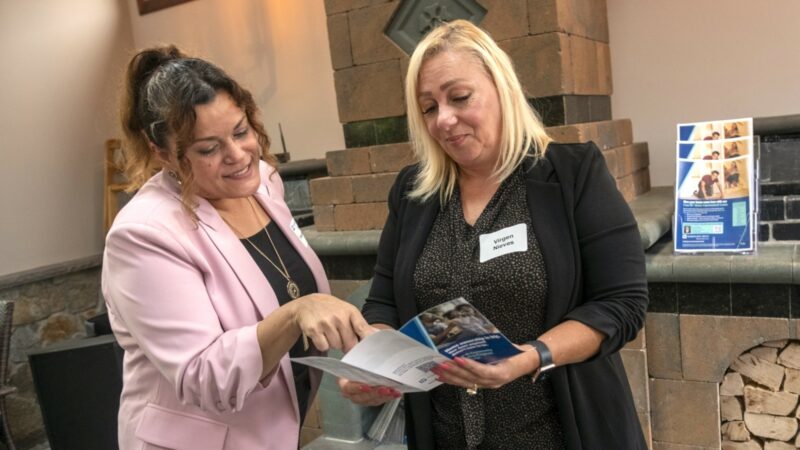Financial Tips for the New Year
As seen on The Rhode Show
Two common wishes for ourselves and our loved ones around the New Year are peace and prosperity. This is a great time to focus on gaining financial peace of mind and improving your own prosperity. With a good financial plan, you can set goals that will put you on the path toward long term financial security. Here are 3 things you can do on your own this year to increase your financial fitness:
Take charge of your money and create a monthly budget
Take charge of your money. If you don't know where your money goes, you need to start keeping track ASAP. There are plenty of online tools to help you set a monthly budget (Washington Trust’s checking account offers a free Finance Works Money Management tool). Once you analyze how much you spend on necessities, such as housing, food, or medical/insurance, versus the “little luxuries”, including cell phone data, dining out, or the daily latte at the local coffee shop…you’ll soon realize how much you could be saving.
Pay yourself first. Put yourself at the top of your "payee " list. Regular automatic deductions from your paycheck or bank account into a savings or investment account will keep you on track toward your short and long-term financial goals
Commit to a plan to reduce and control debt
Start digging out. Always pay more than the minimum amount due on credit cards. The more you pay, the faster you will pay down your balance. If you have multiple credit card accounts, focus on paying off the ones with the highest interest rates first.
Lighten your credit load. Paying off, or consolidating high-interest debt may be your best investment strategy. Few investments pay off as well, or with less risk than eliminating or consolidating high-interest debt on credit cards or other loans. Know the interest rates on your debts and put together a plan to pay off the ones with the highest interest rates first.
Plan for the unexpected
Save and invest. Don't underestimate your ability to save and invest. Once you’ve set up a budget with automatic savings, you can save for things like education, retirement and travel. With compound interest, even modest investments made today can grow over time.
Boost your "rainy-day " fund. A great rule of thumb is to always keep about six months of expenses in a federally insured account to cover unemployment, unexpected emergencies or major expenses.
Anticipate changes in your financial picture and plan for them. Save for children’s education, retirement and emergencies.
Always do your homework. Asking questions about financial opportunities and checking with a trusted financial professional can help you make informed choices and avoid fraud. Consider additional protections, like having health insurance, home insurance, auto insurance with an umbrella policy, disability or long term care insurance, a financial power of attorney and testamentary documents like a will or a trust.
Contact a Trusted Advisor
For more information or to speak with one of our trusted advisors about your unique financial needs, contact us at 800-475-2265 or submit an online form.











